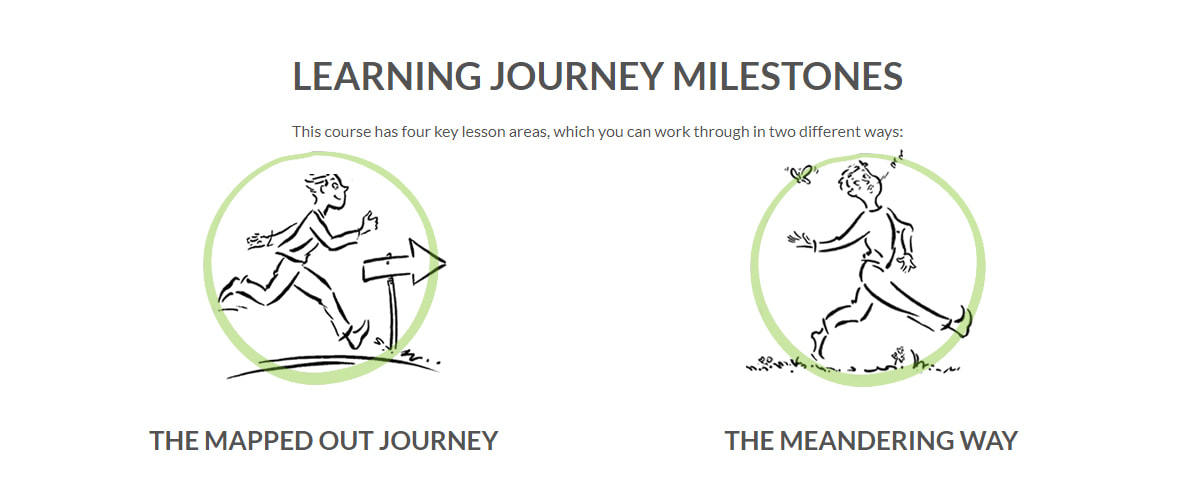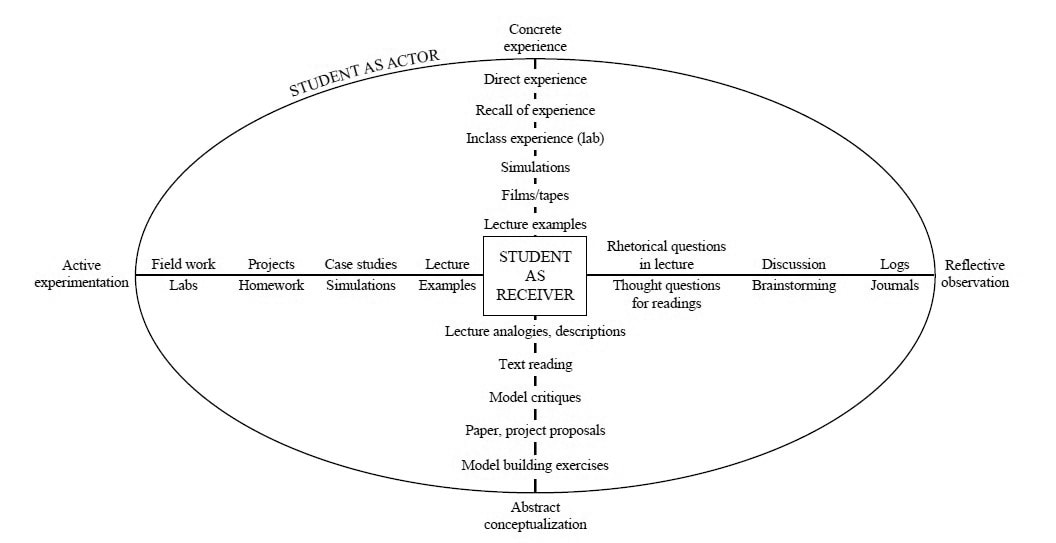Colleagues,
We will be offering an informational webinar on January 31st at noon providing a brief overview of Interested in Teaching Online? - an openly-licensed self-paced online resource that is free of charge and open now to anyone interested in learning more about online teaching and learning.
Access the webinar at noon on January 31st: https://zoom.us/j/507669719
To access the resource visit: http://commons.suny.edu/interested/
For a more detailed description, check out the video overview: https://youtu.be/S3P0IwcLoqw
Upon completion of this course, you will be able to:
- Determine if you have the prerequisite skills, knowledge, attitudes, and support to be successful teaching online.
- Define common terms related to online teaching and learning.
- Identify core competencies needed to teach online.
- Explain the value of applied effective online teaching practices.
- Evaluate the benefits and affordances of teaching online.
- Determine if online teaching is right for you.
- Locate and participate in the Open SUNY Community of Practice.


 RSS Feed
RSS Feed